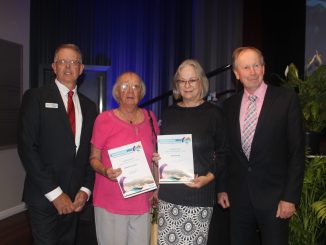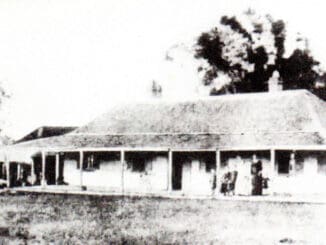
Buyers of rural properties need to be careful that they obtain appropriate advice from their accountant or solicitor before determining in what name or names an acquisition will be made.
These decisions are crucial in possibly minimising personal liability, to take advantage of different tax treatments, to minimise capital gains tax liabilities upon a disposal and to take early steps in succession planning.
In a traditional rural family situation, the options would normally be an acquisition in the name of individuals, by a company, by a trust or perhaps by a superannuation fund.
An acquisition by one or more individuals (the most common form of ownership) suffers the immediate issue of liabilities arising from the ownership of the land being liabilities of the individual owners. On the other hand, it preserves to the owners (assuming they do not acquire as joint tenants where the death of one owner means that that interest automatically transfers to the survivor(s)) their right to transfer their interest in accordance with their Will. Caution must be taken in transferring valuable property under the terms of a Will if there is a risk of a family provision application under Part 4 of the Succession Act 1981 (Qld).
A disposal of an asset by individuals will normally entitle the individuals to a part or full reduction in capital gains tax liabilities if there is access to the 50% general discount, the small business rollover and retirement exemptions.
Formation of a partnership to own assets (possibly including individuals, companies, or trusts) may provide flexibility for income tax liabilities—although partners will earn income in accordance with their interest in the partnership—and other than in the instance of companies, will attract like benefits as for individuals in respect of capital gains tax.
Ownership of assets by a discretionary trust (a common form of ownership) provides flexibility for income tax purposes including in respect of distributions to young adults in their tertiary education phase in circumstances where they are earning little or no other income. It is important however to note that any such distributions need to be received and used by those beneficiaries given the Australian Taxation Office’s recent focus on s 100A of the Income Tax Assessment Act 1936 (Cth).
Ownership of assets by a company provides for quite a different mix of advantages and disadvantages. The most advantageous characteristic of a company is the lower rate of tax, but the disposal of land owned by a company will not involve access to the same GST concessions on disposal as apply for individuals or trusts.
Buyers in structuring should also be mindful of possible consequences of green energy and carbon farming projects for example, as land tax exemptions in certain states apply to the extent that land is used for primary production.
Other structuring issues include adequate documentation between participants, for example a relevant form of partnership agreement, shareholders agreement for companies and ensuring that control of trusts is maintained through the applicable deed of trust.





